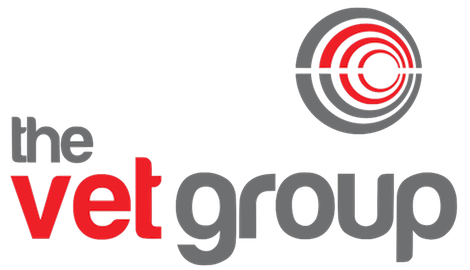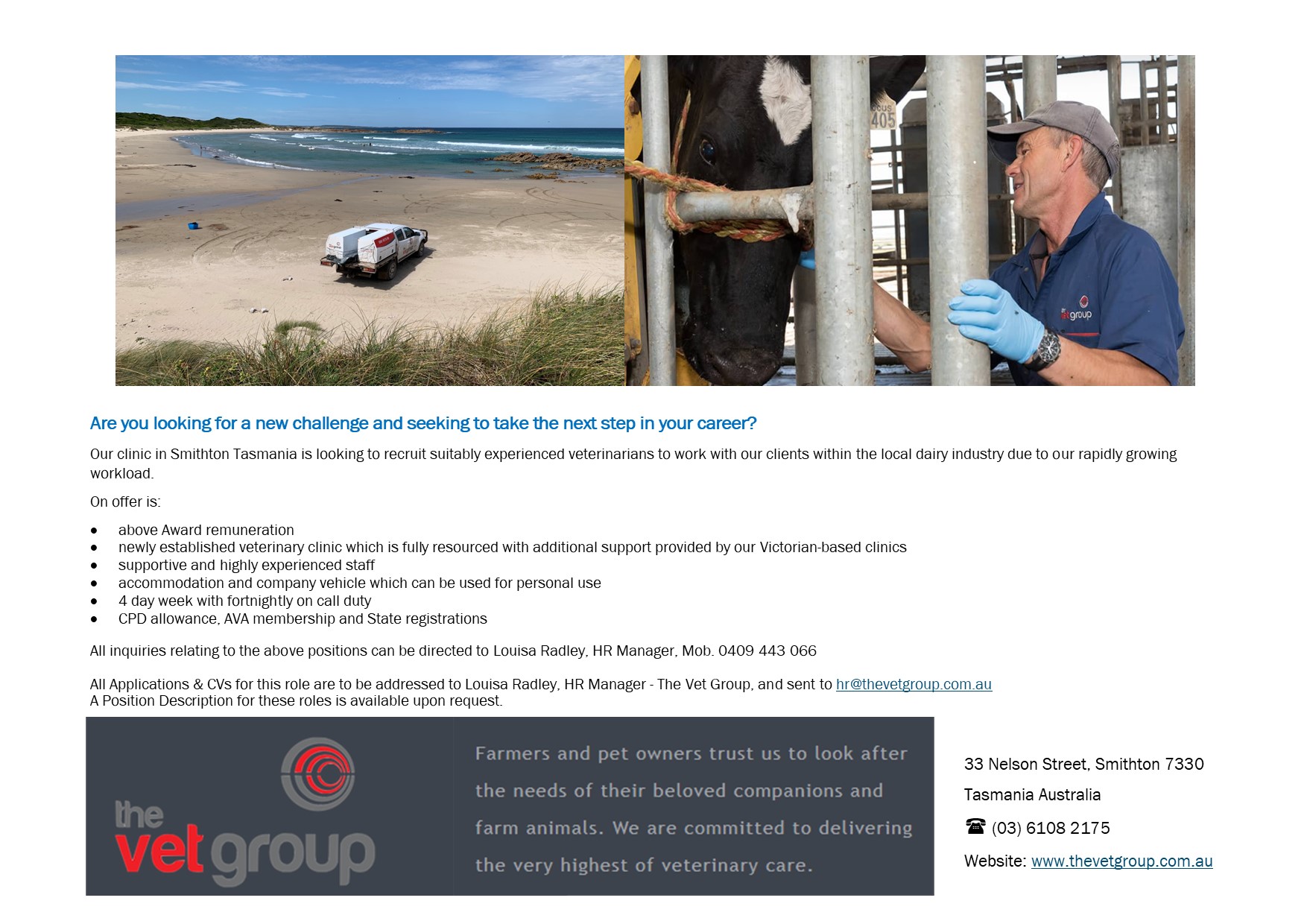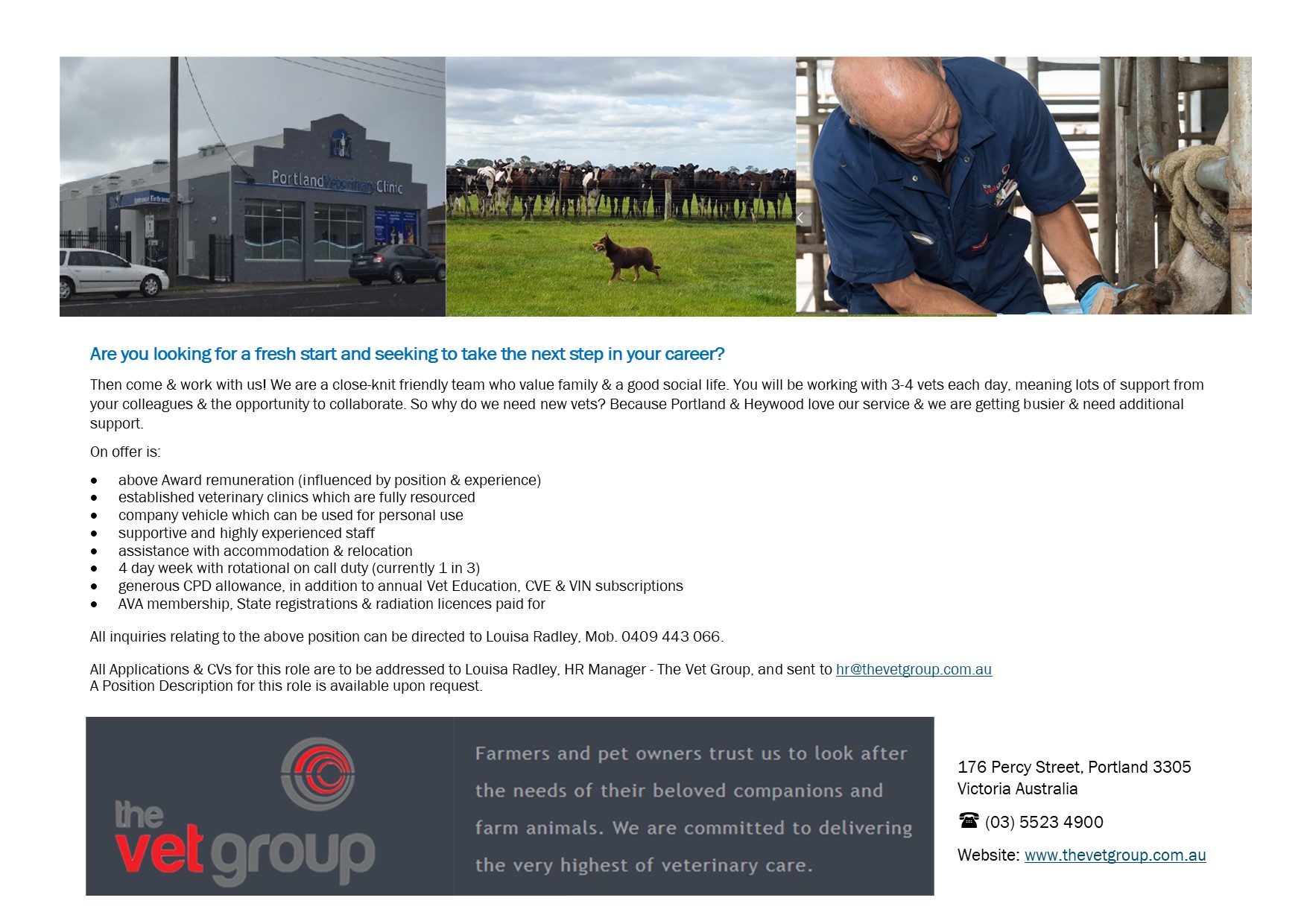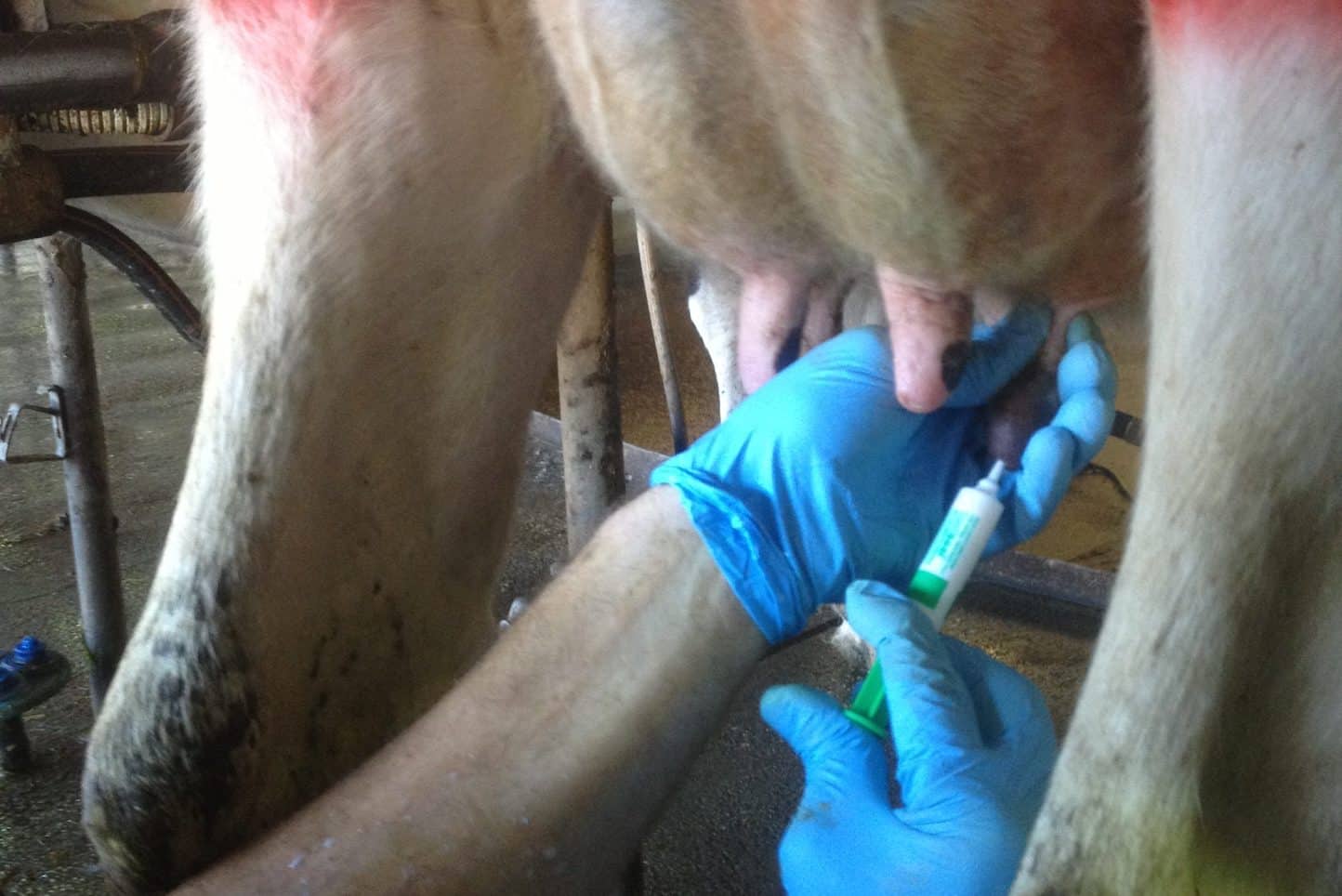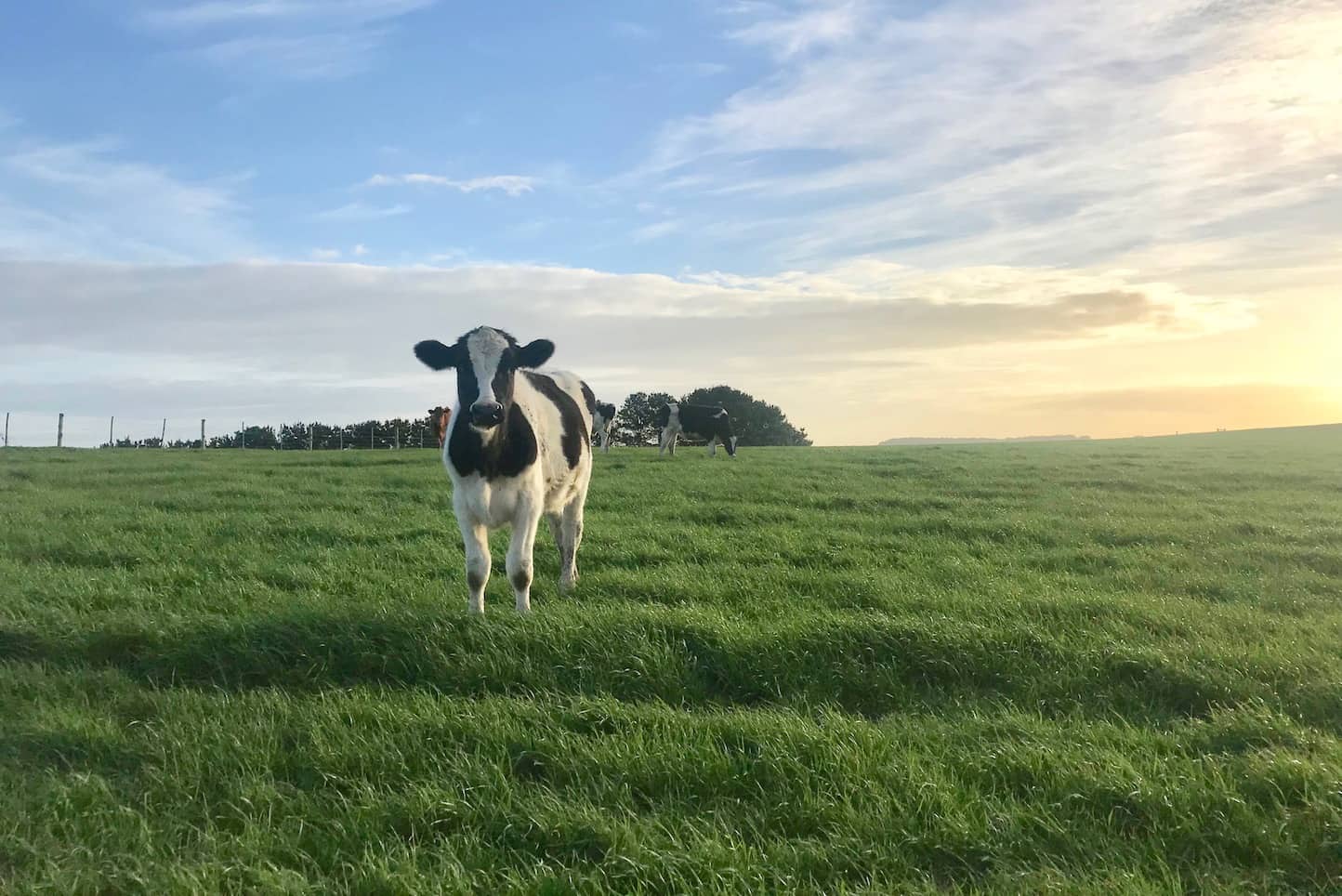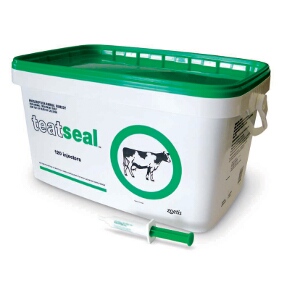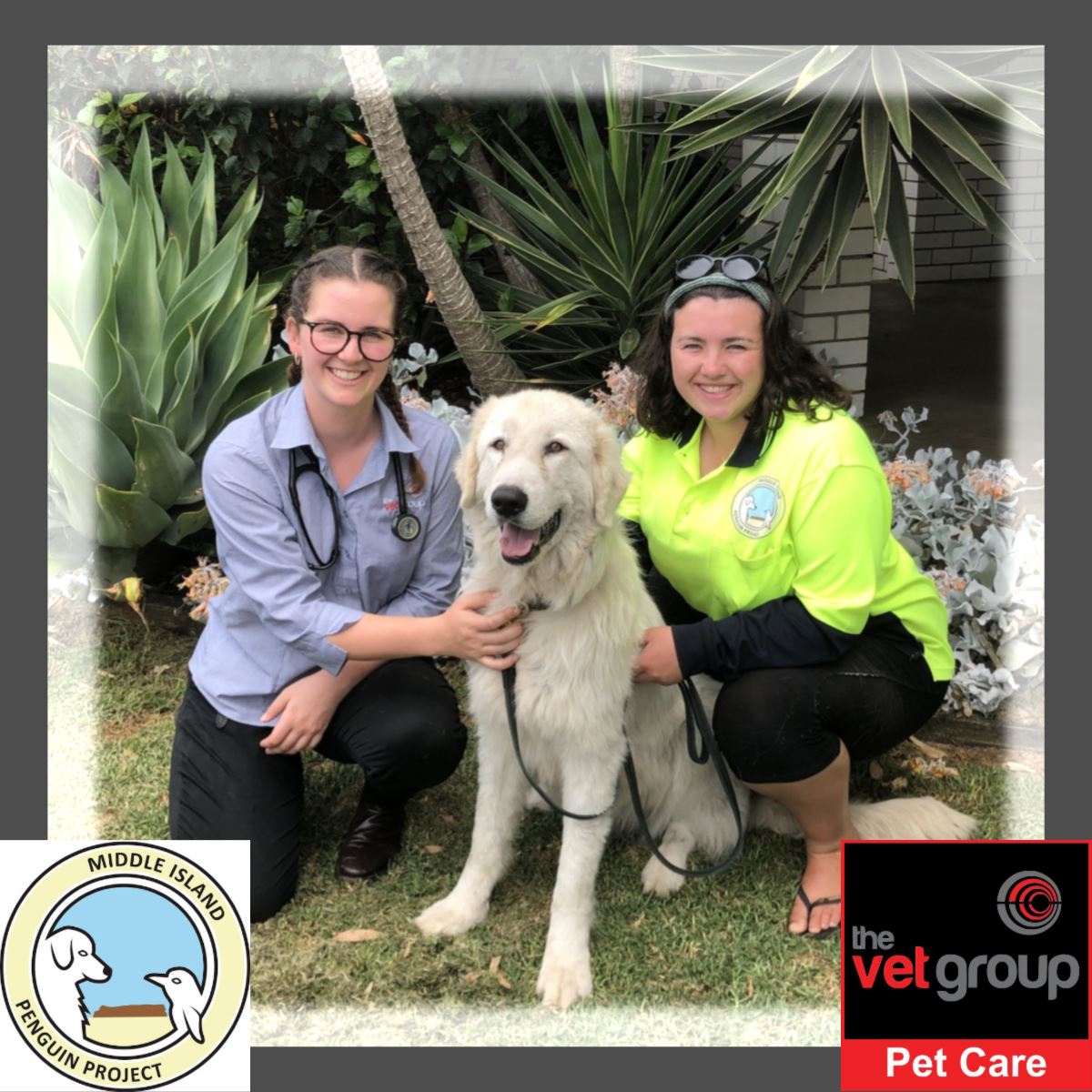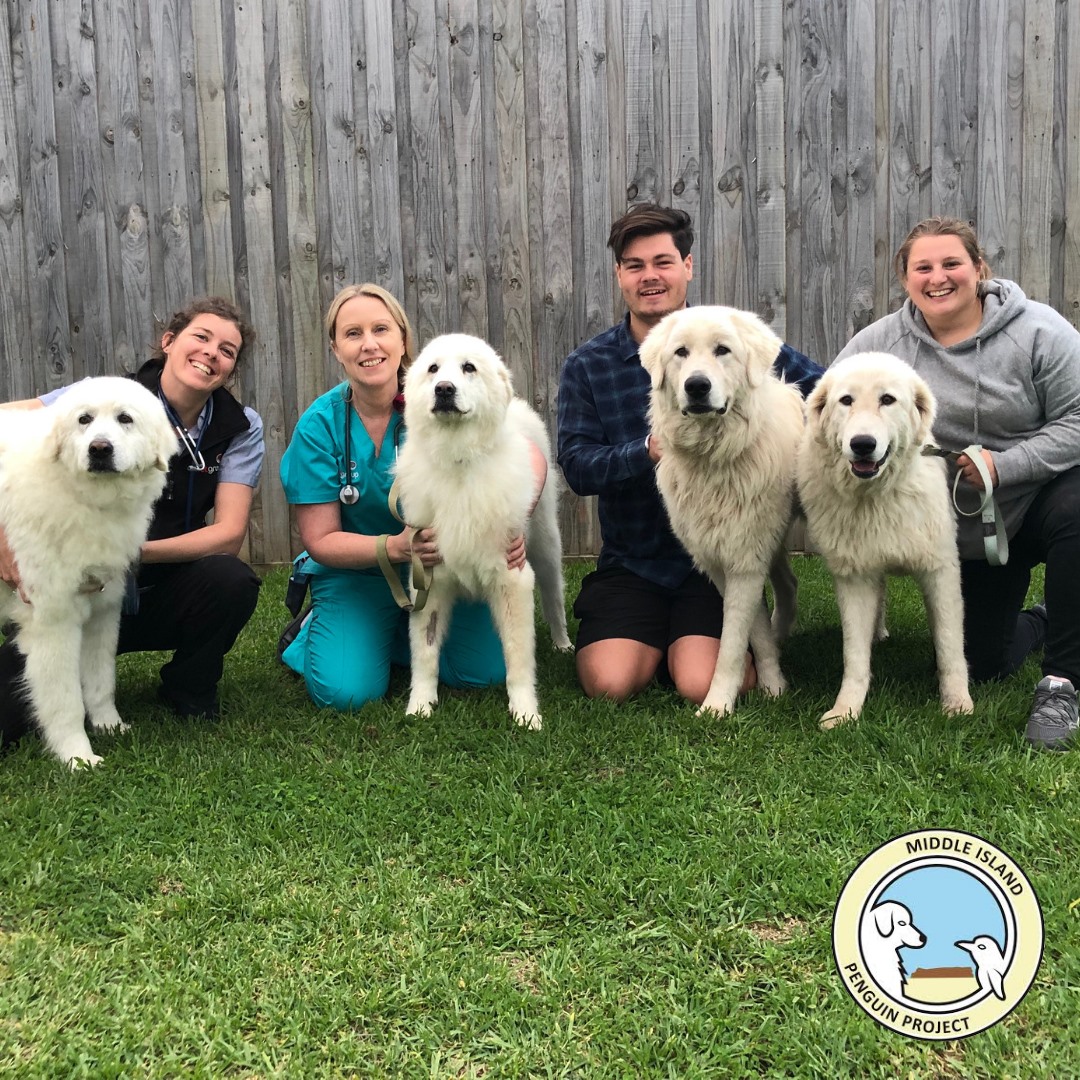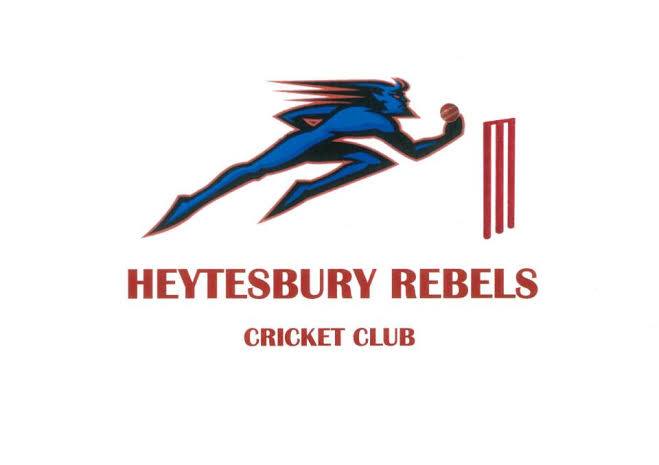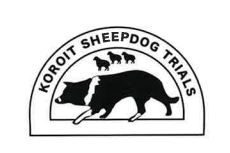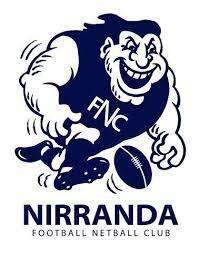Dr Monica Ryan
Best practice for worm drenching is to Faecal Egg Count (FEC) test before you drench. No longer does worm control advice advocate routine drenching at set intervals. Drenching only when needed saves money and reduces the chance of resistance developing to the drench through overuse.
Well grown heifers meeting their weight targets often need only one or maybe two drenches to two years of age, and depending on the seasonal conditions, many do not need a drench at all. This is a key point as a strong natural immunity to worms develops when heifers are grown well. One of the best strategies to reduce the number of drenches required is to routinely weigh heifers and to selectively feed the group if required to ensure they meet their targets.
Save the money spent on drenches when it is not needed and allocate it to feeding of heifers when they are short.
With stock less than two years old a pooled FEC will assess the collective worm burden of a group of animals and assess whether a drench is needed.
Collecting a faecal sample is a straight forward procedure and could save you hundreds of dollars. Collection kits are available for free from The Vet Group, and the cost of a pooled faecal egg count test starts at $67.00. The Vet Group has a current offer where the cost of FEC will be rebated against the cost of drench if it is required.
How to collect
The Vet Group’s pooled faecal sample kit is easy to use
- Push the mob of cattle into a corner of the paddock
- Hold them there for 5-10 minutes
- Identify 10 fresh piles of faeces and collect one teaspoon of faeces from each ─ put all 10 samples into one of the bags provided
The kit includes 5 bags, allowing you to sample from 5 groups of animals. Submit the kit to one of The Vet Group clinics within 6 hours of sampling and in most cases we will report back results within 48 hours.
